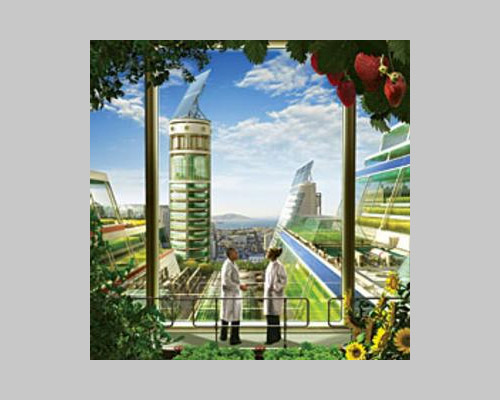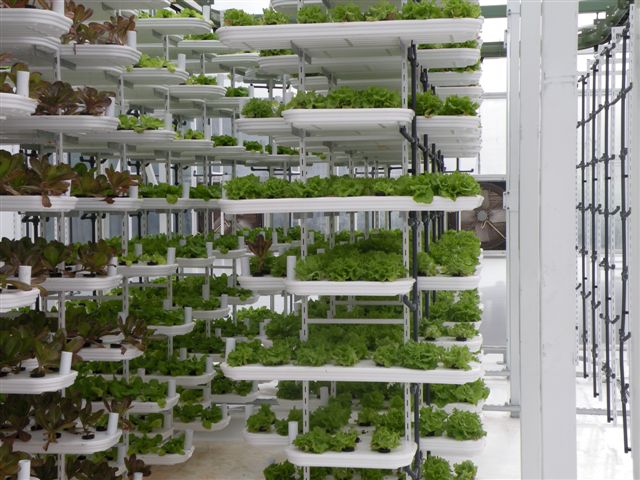What it is about

Vertical Farms are self-reliant biotowers, used to grow organic food in urban areas. They were born eight years ago as a project of Dickson Despommier, an Environmental Sciences professor.
According to the US professor, Vertical Farms lend themselves to be an excellent means by which to achieve food self-sufficiency.
They allow to abandon intensive agricolture, therefore giving land back to forest and renewing the role of land as Earth’s “green lung” able to reduce the amount of carbon dioxide in the atmosphere.
